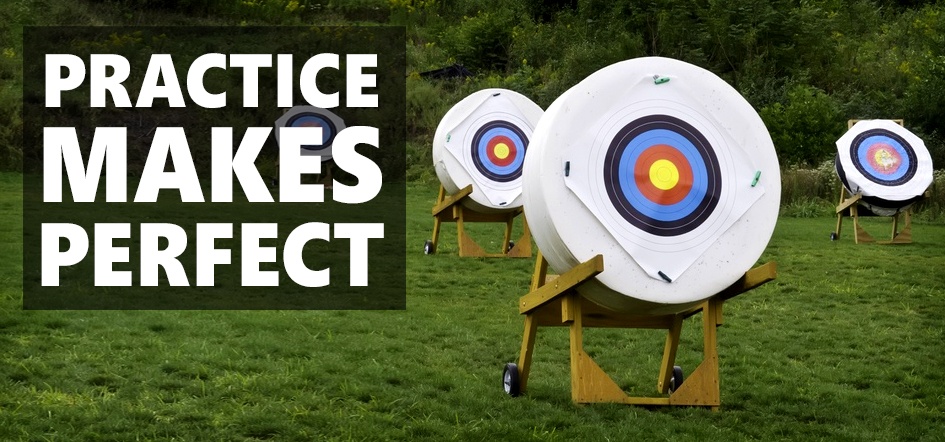Dr. Britt Andreatta, a learning and leadership development expert and author of The Neuroscience of Learning, emphasizes that professional learning can be broken down into three phases: Learn, Remember, and Do. She also asserts that learning programs should focus more on the “Do” phase since that is what makes the learning stick – where competence and behavior change occurs.
This message resonates in continuing medical education (CME), where the goal is to effectively change the competency and behavior of physicians based on new medical evidence. In CME, the “Do” phase means delivering educational opportunities for physicians to personally practice applying the “Learned” information in realistic situations, so that they’ll “Remember” it.



.jpg)




